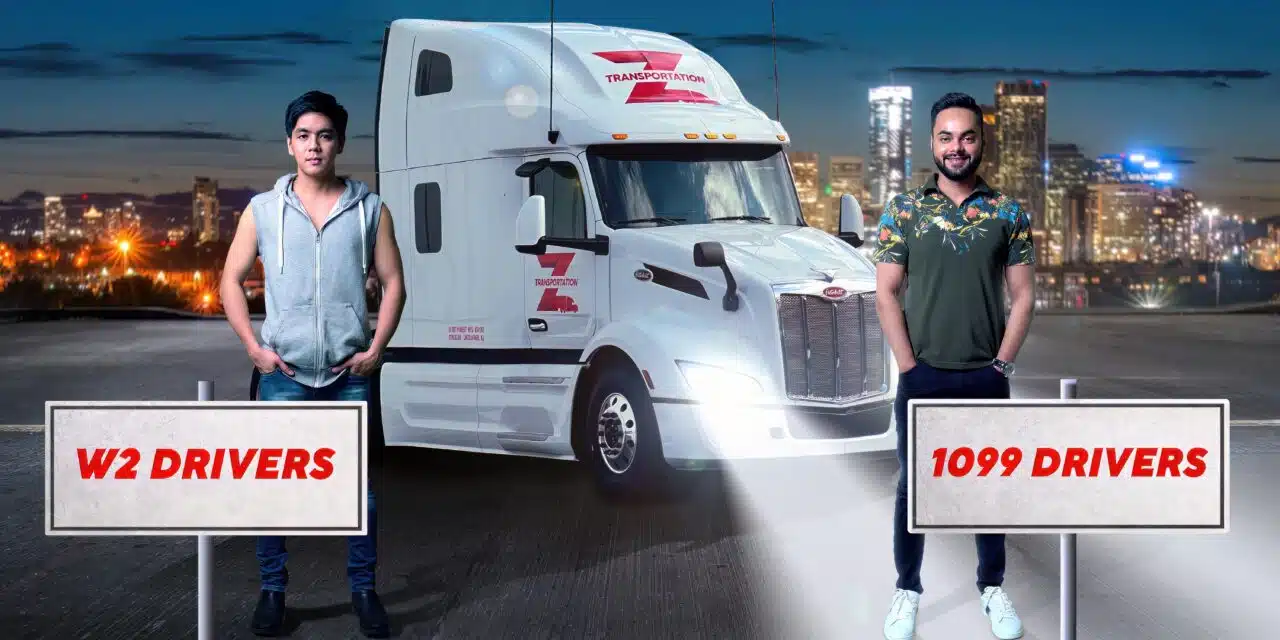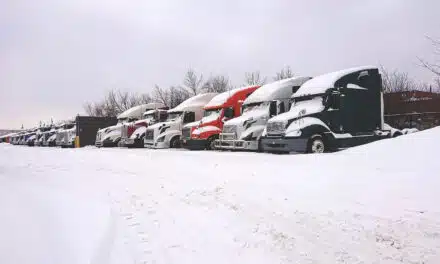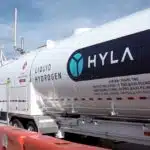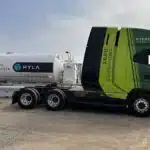
Truck drivers play a crucial role in the transportation industry, such as delivering goods and supplies to various destinations across the country. However, not all truck drivers are created equal. In this article, we’ll share some information on the following topic – W2 Truck Drivers VS 1099 Truck Drivers.
W2 Truck Drivers VS 1099 Truck Drivers
While both types of drivers may perform similar duties, their noteworthy differences can impact their pay, benefits, and responsibilities. W2 truck drivers, also known as employed drivers, are considered to be on the payroll of the company they work for. This means that their employer is responsible for paying a portion of their taxes, also some companies are providing benefits such as health insurance, paid time off, and retirement benefits. W2 truck drivers are also eligible for overtime pay and workers’ compensation if they are injured on the job.
Differences in Pay and benefits
On the other hand, 1099 truck drivers, also known as independent contractors, are not employees like W2 truck drivers. Independent contractors are self-employed and are responsible for paying their taxes and benefits. They are not eligible for overtime pay or workers’ compensation, and they do not receive any paid time off or health insurance from their employer. However, independent contractors are generally paid more and flexible.
For some companies, such as Z Transportation, their benefits are the same for 1099 and W2 drivers. Both get vacation pay after a year and 50% coverage up to $250 for their monthly health insurance bill.
Another key difference between W2 truck drivers and 1099 truck drivers is how they are paid. W2 truck drivers typically receive a regular salary and are less often paid by the mile. 1099 truck drivers, on the other hand, are paid based on the number of miles they drive, or per load they deliver. Both can be paid either weekly, bi-weekly, or monthly, depending on the employer.

Similar but Different Responsibilities
Regarding responsibilities, W2 truck drivers are expected to follow the rules and regulations set forth by their employer, including their schedules, routes, and the speed at which they drive. They may also be required to use specific equipment provided by the company and to complete paperwork and other administrative tasks. 1099 drivers, on the other hand, can be a bit more flexible, but often they might also need to follow the rules and regulations set forth by their employer, including their schedules, routes, and the speed at which they drive unless agreed otherwise. Another difference is that they can use their own or the employer’s equipment. Although in the case that they use their own equipment, they will pay for fuel and maintenance, sometimes employers might offer discounts on fuel or maintenance. On the other hand, if they use the employer’s equipment generally, they don’t have to pay for fuel or maintenance.
Conclusion
In conclusion, W2 truck drivers and 1099 truck drivers are two distinct types of truck drivers with different responsibilities, benefits, and compensation structures. Therefore, companies and truck drivers should carefully consider these differences before choosing between the two. For example, W2 truck drivers may be a better option for those who want a more manageable approach and deal with less documentation. At the same time, independent contractors may be a better choice for those who want more flexibility, usually better pay, and more control over their schedules and routes.
Related Articles

Texas Logistics Company Ceases Operations, Affects 500-Truck Fleet
In a surprising turn of events, a prominent Texas-based logistics company has announced the cessation of its operations, leading to a significant impact on its 500-truck fleet. This decision marks a major shift in the logistics landscape, affecting numerous...
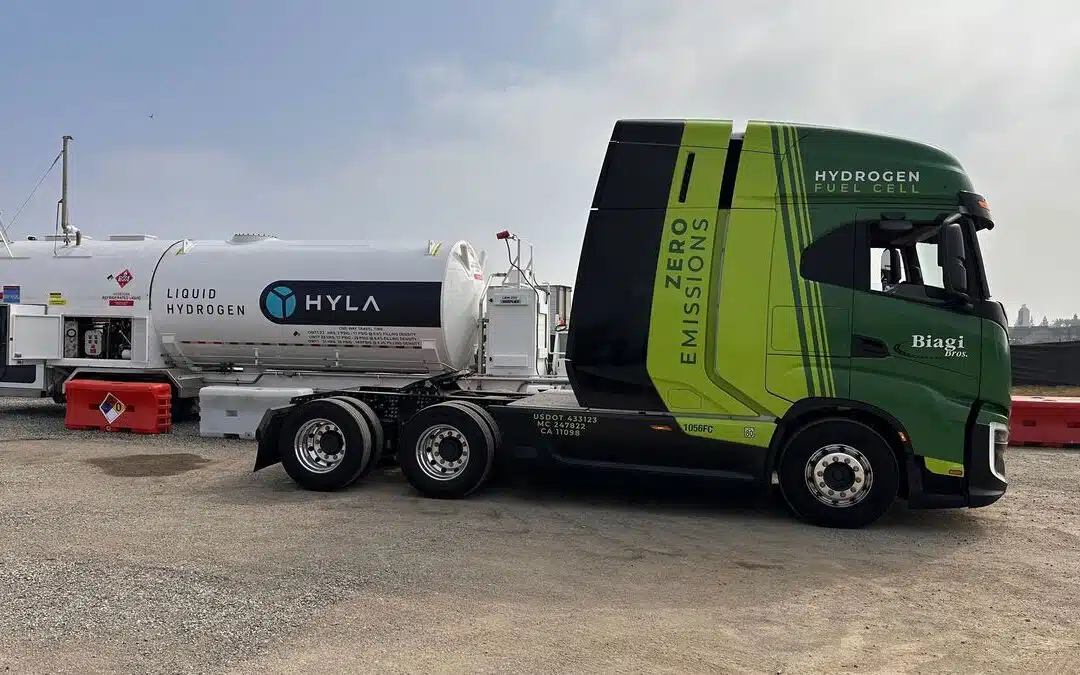
Revolutionizing Green Transport: Nikola’s Hydrogen Fueling Innovation
In the dynamic world of alternative fuel transportation, Nikola, a pioneering heavy-duty truck manufacturer, has recently unveiled its first HYLA-branded hydrogen refueling station. This strategic move marks a significant leap in hydrogen fueling innovation,...
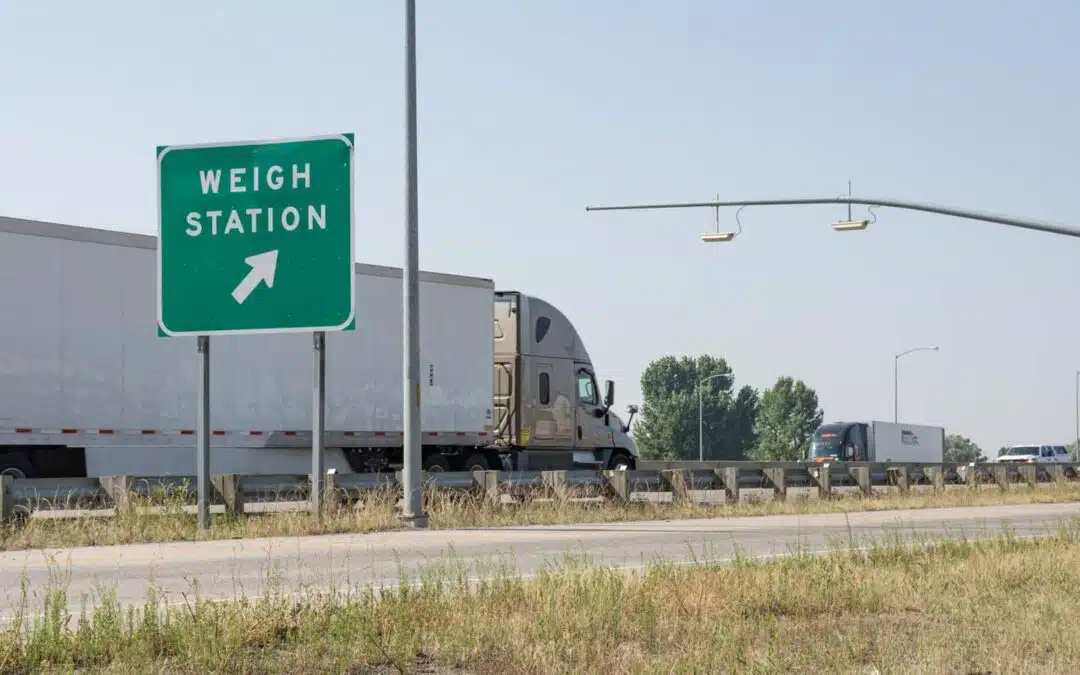
Breaking News: The MOVE Act Set to Transform State Authority on Truck Weight Limits Amid Rising Freight Congestion
Tackling Freight Congestion with the MOVE Act In an unprecedented move, the Modernizing Operations for Vehicles in Emergencies (MOVE) Act emerges as a game-changing proposal in the logistics and transportation sector. Aimed at combating freight congestion, this bill...
Stay Up to Date With The Latest News & Updates
Join Our Newsletter
Follow Us
